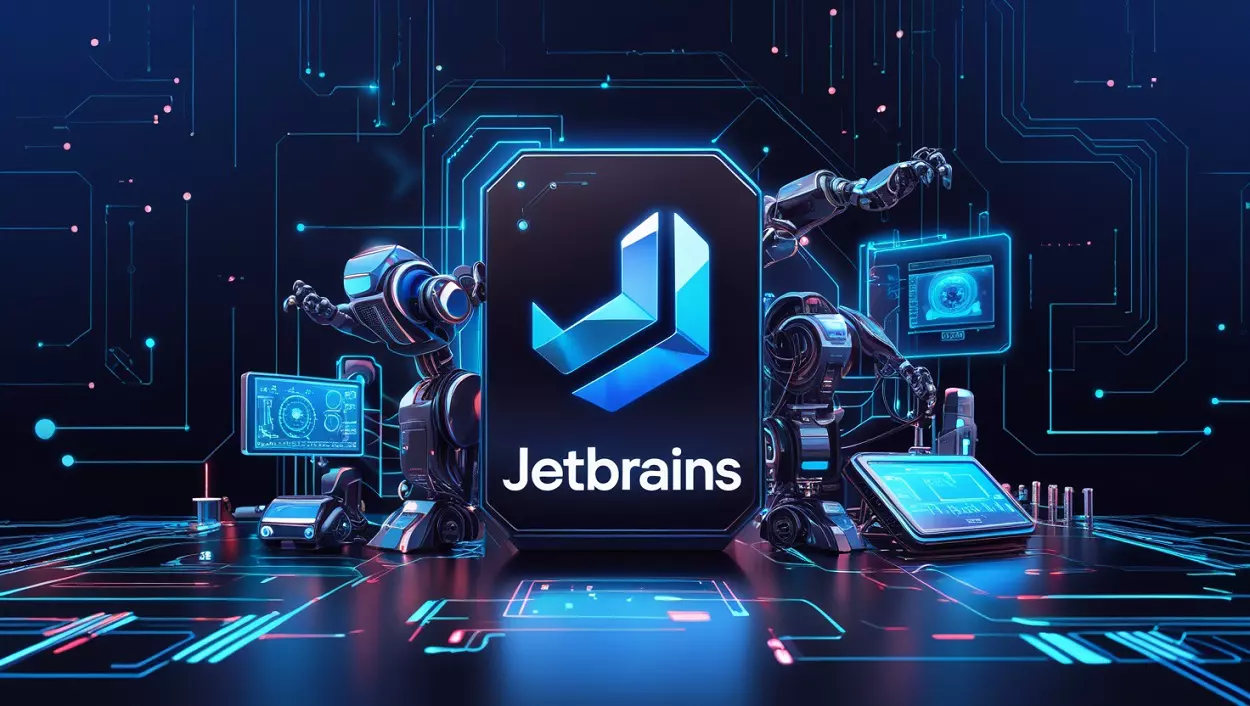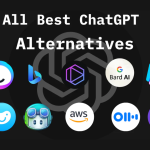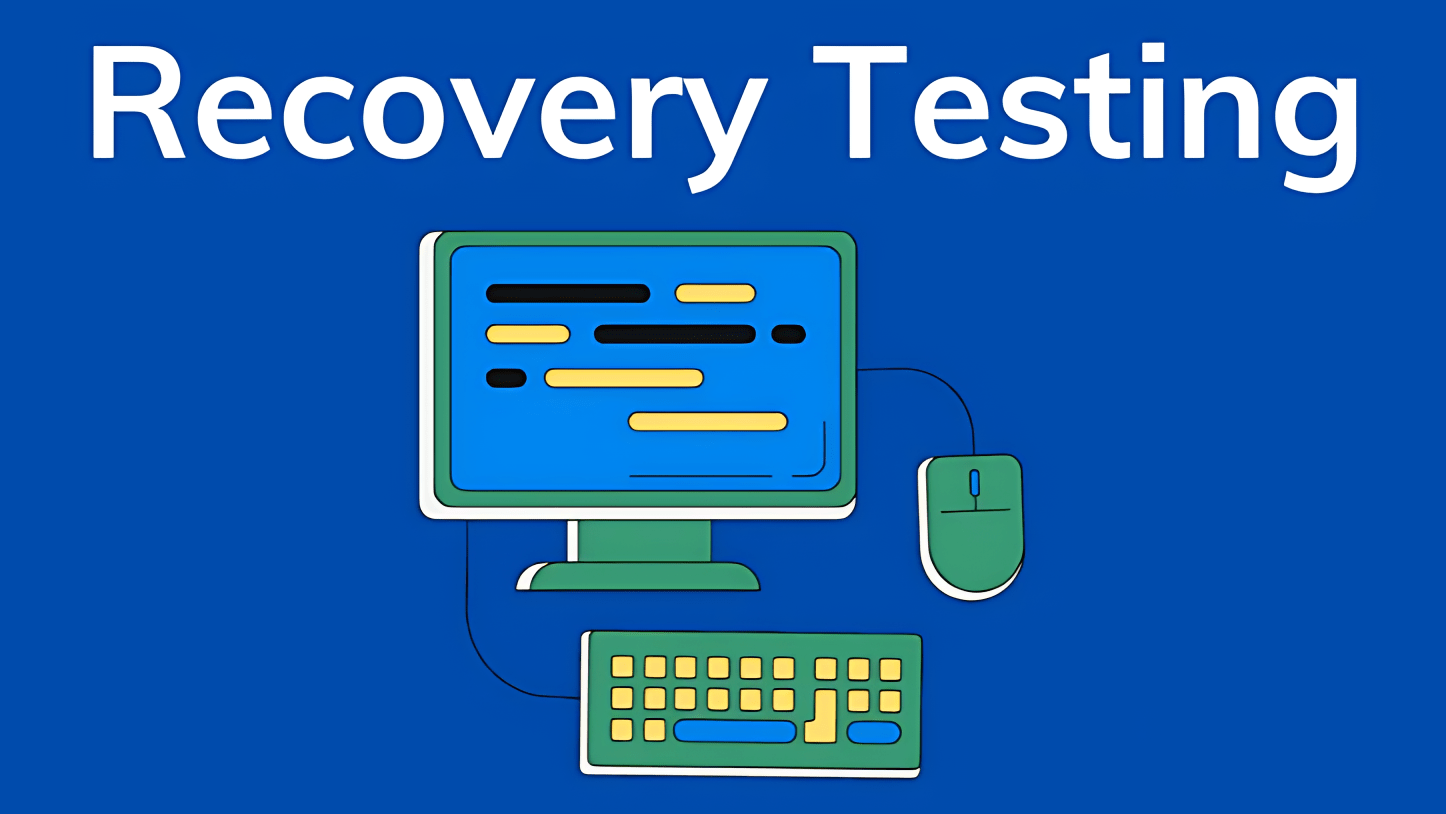5 Ways JetBrains AI-Powered Tools Are Changing Software Development
AI tools have revolutionized software development, and 84.2% of developers now keep using them in their daily work. JetBrains AI has emerged as a game-changer that helps developers save precious time. The numbers tell the story – 37% of users cut down 1-3 hours each week, while others save more than 8 hours.
JetBrains AI Assistant does much more than just save time. Developers spend 78% less time looking up information, and 58% find their tasks easier with less mental effort. The platform’s code completion and assistance features have made it their fastest-growing commercial product. These AI-powered tools have changed software development in five main ways, from better code standards to smarter technical debt management.

The Evolution of AI in JetBrains Tools
JetBrains’ journey into AI-powered development tools highlights the evolution of their IDE ecosystem. What began with basic code completion has grown into advanced AI-driven features that transform how developers write, test, and maintain code. With a jetbrains account, users can access these cutting-edge tools and enhance their development experience.
From simple assistance to advanced AI
Everything started with fundamental code completion features. JetBrains then created their own large language model, Mellum, which they designed for cloud-based code completion. This model works with multiple programming languages like JavaScript, TypeScript, HTML, C#, C++, Go, PHP, Scala, and Ruby.
A big step forward came when they added local AI models for code completion. These models run right on developers’ machines and give faster responses without needing the cloud. Apple’s M-series chips with dedicated neural hardware make these local models work even better.
JetBrains AI service now uses both third-party and their own models. They work with industry leaders like OpenAI and Google. This smart approach helps developers get the best help for specific coding tasks while keeping code secure and high-quality.
PPT to PDF Converter – Convert PowerPoint presentations to PDF quickly and easily. Preserve formatting and quality. Try it online for free!
Key milestones and improvements
The 2024.2 release changed everything with major updates to the AI Assistant. Developers got smarter and faster AI code completion for Java, Kotlin, and Python. The release added syntax highlighting for suggested code, which made code suggestions easier to read and understand.
Developers can now customize documentation generation prompts. The system offers better Git conflict resolution with AI-powered help for merging conflicts. Adding GPT-4 support made the AI Assistant’s chat features better, especially for finding errors and explaining code.
The newest improvements include:
- Context-aware code generation that automatically adds related files and symbols
- Faster code completion in all supported languages
- Better project awareness through improved context collection strategies
- Database-specific AI features to manage table parameters
New cloud completion gets better results than older versions. The system proves its worth with only 5% of users canceling suggestions, making it one of the best code completion solutions for IntelliJ-based IDEs.
JetBrains keeps making both local and cloud completions better. They plan to add more multi-line suggestions, support more programming languages, and make their models even better. These improvements show their steadfast dedication to creating better AI-powered development tools.
Impact on Different Types of Projects
JetBrains AI Assistant shows its versatility in development environments of all types, and 75% of users report high satisfaction rates. Let’s get into how this tool adapts to different project scales and team structures.
Small team projects
JetBrains AI Assistant helps small development teams make the most of their limited resources. Developers who have less than two years of coding experience benefit most, and they save between 3 and 5 hours each week. The tool helps reduce mental strain and improve focus – as reported by 49% of users. This allows small teams to stay productive despite resource constraints.
Enterprise development
Enterprise environments benefit from JetBrains AI Assistant’s reliable features designed for large-scale development. The platform’s user access management runs on premises as part of JetBrains IDE Services. Enterprise teams get:
- Complete control over budget allocation and security requirements
- Protection from IP liability with zero data retention
- Knowing how to connect approved LLM service providers
- Fine-grained settings for AI providers (coming in 2025)
The system’s deep integration with JetBrains IDEs creates contextually aware code suggestions that match each project’s specific needs. This integration has brought major improvements, with a 40% acceptance rate for suggested code completions and a threefold reduction in completion latency.
Open source contributions
JetBrains shows its steadfast dedication to the open-source community by collaborating with over 6,000 projects through complimentary IDE licenses. The AI Assistant affects open-source development in several ways:
Project maintainers work more efficiently through optimized code reviews and standardized practices. The tool’s understanding of project context and adaptation to specific coding guidelines are a great way to get consistency in a variety of contributor bases.
JetBrains builds mutually beneficial alliances with prominent open-source projects by offering free tools that support active maintenance and community development. This support goes beyond software creation to working with leading open-source innovators, ensuring the AI Assistant grows with community needs.
The platform works well across these different project types, as shown by overall user statistics – 91% of respondents save time. Better yet, 71% of developers complete tasks faster, which allows 55% to take on more challenging projects.
How Teams Are Using JetBrains AI Pro
Development teams in various industries now make use of JetBrains AI Pro to streamline their development processes. Data shows that 80% of developers save up to 5 hours of development work with AI-assisted tasks.
Standardizing code practices
JetBrains AI Pro runs directly on premises as part of IDE Services, which gives organizations full control over their development environment. Teams can track how AI tools are used across development units through AI usage statistics and reports. The platform’s context-aware suggestions match team conventions and keep the codebase consistent.
Speeding up onboarding
AI Assistant makes the learning curve much shorter for new team members. Developers can contribute to projects faster thanks to step-by-step examples and code snippet translations. The system creates automatic documentation that explains the codebase’s workings, which reduces onboarding time.
Improving code reviews
Teams have seen remarkable improvements in code review efficiency with AI Pro’s capabilities. The platform lets teams:
- Review code directly from JetBrains IDEs using powerful navigation tools
- Enforce code standards with quality gates and automated checks
- Collect comments as drafts to avoid overwhelming colleagues with notifications
- Suggest direct changes that teammates can accept with a single click
Managing technical debt
JetBrains AI Pro has made technical debt management more systematic. Studies show developers spend 25-40% of their time dealing with technical debt. Teams can now:
- Spot and fix technical debt early in the development cycle
- Automate code reviews to find problem areas
- Prioritize which technical debt needs immediate attention
- Track and identify technical debt instantly through continuous scanning
The platform’s success shows in user statistics, with 77% of developers reporting increased efficiency. Running within an organization’s infrastructure means AI Pro gives complete control over data and AI operations.
Future of AI-Powered Development
JetBrains shows its next generation of intelligent coding tools that will advance AI-powered development. The latest release adds support for state-of-the-art models from leading companies and improves capabilities for local development environments.
Upcoming features and capabilities
JetBrains AI Assistant gives developers more flexibility by providing access to Anthropic’s Claude 3.5 Sonnet and Haiku models. These models demonstrate graduate-level reasoning and coding skills that help solve complex programming tasks effectively.
The addition of OpenAI’s latest models – o1, o1-mini, and o3-mini – represents a major step forward. The o1 model brings advanced reasoning capabilities and takes more time to process complex problems. The mini variants process tasks faster while maintaining efficiency.
JetBrains has added local model support through LM Studio and Ollama to help teams protect their data privacy. Organizations can now run AI workloads on their own systems and maintain complete control over their development environment.
JetBrains’ proprietary Mellum model expands code completion support across more programming languages. The system delivers these improvements:
- Better syntax highlighting for suggested code
- Token-by-token or line-by-line acceptance options
- Lower latency across all supported languages
JetBrains plans to improve their AI Assistant with:
- Better multi-line suggestions for cloud-based operations
- More language support for local completions
- Higher model quality and user experience improvements
Developers can upgrade to newer AI models smoothly without changing providers. The infrastructure covers 17 regions worldwide to minimize latency and meet data residency requirements.
Developers who use JetBrains AI Assistant save up to eight hours each week. The platform’s smart routing system picks the best model for each task and balances performance with cost.
Conclusion
JetBrains AI-powered tools are transforming software development teams worldwide. Their quick progress from basic code completion to sophisticated AI assistance shows remarkable improvements in developer efficiency. Small teams work with less mental strain and better focus. Enterprise organizations benefit from reliable security features and complete control over their development environment.
The numbers tell a compelling story. Today, 84.2% of developers use AI tools in their daily work and save more than eight hours every week. These time savings combined with standardized code practices and improved technical debt management make JetBrains AI Assistant crucial for modern development workflows.
JetBrains’ AI capabilities continue to grow through new models and improved local development support. Developers will soon have more powerful tools available. JetBrains stays at the vanguard of AI-powered development solutions by combining its proprietary technology Mellum with mutually beneficial alliances with industry leaders.




![Methods to Recover Data from a Dead PC [Quick Ways] Methods to Recover Data from a Dead PC [Quick Ways]](https://getproductkey.net/wp-content/uploads/2024/11/Methods-to-Recover-Data-from-a-Dead-PC-150x150.png)

